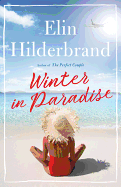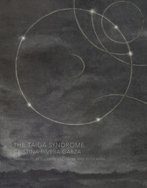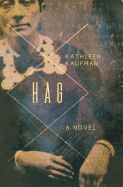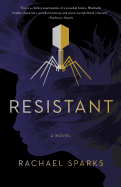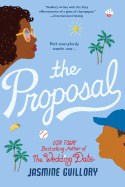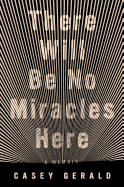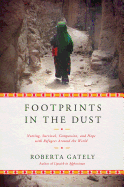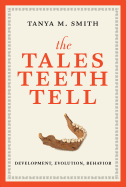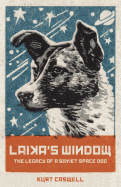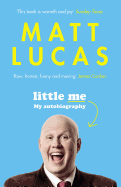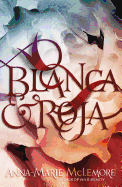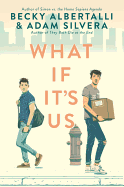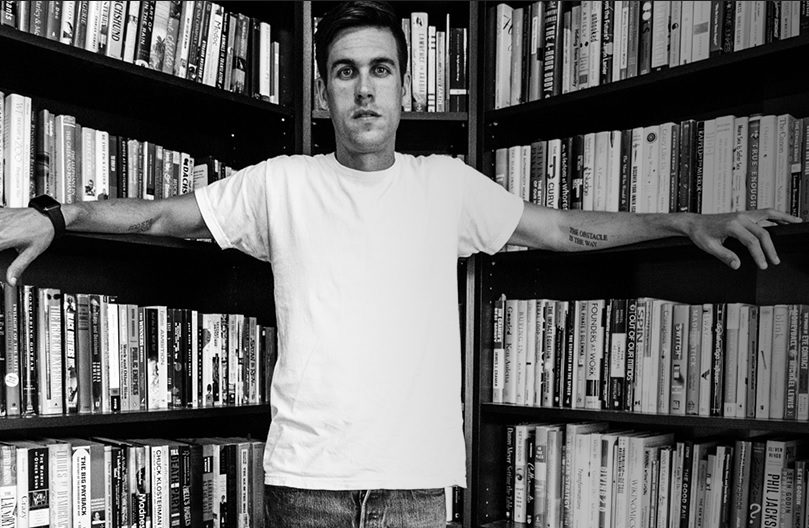 |
| Ryan Holiday |
In the last year, Ryan Holiday's four books on stoicism, two of which were co-authored with Stephen Hanselman, have been embraced by a range of sports stars, celebrities, politicians, businesspeople and many, many general readers. In 2017, the books sold more than 300,000 copies in the U.S., and since the first title, The Obstacle Is the Way, was published in 2014, they've sold a combined total of more than a million copies worldwide in the English language. The books' popularity is especially striking because they present the modern adaptation of a philosophy with roots that go back more than 2,000 years. And it's not an "easy" philosophy: it posits that hardship and adversity should be met with determination and strength, without complaint, and that every obstacle is an opportunity for improvement. Although that's a persuasive approach that resonates in many eras and situations, it may also be striking a chord in the current political climate with its message of "persist and resist" no matter how bad a situation seems.
In just one measure of the books' wide-reaching influence, their message has resonated throughout the sports world. Consider that in 2017 alone, the Stoic titles contributed to the national championship winners in three different professional sports. Early in the year, the New England Patriots, bolstered after reading both Ego Is the Enemy and The Obstacle Is the Way, won the Super Bowl in a record-breaking, come-from-behind victory.
 |
| Stephen Hanselman |
Then in spring 2017, David West, who took a pay cut to join the Golden State Warriors, read Ego Is the Enemy before the NBA Finals, and used it and his selfless playing style to beat the defending champs, LeBron James and Cleveland Cavaliers.
And finally last fall, the Houston Astros, whose hitting coach, Jeff Albert, had been giving copies of Ego Is the Enemy to his players since January (and asked for some copies in Spanish), won a hard-fought World Series, the team's first-ever championship.
The business world is a strong supporter, too. One measure: The Daily Stoic spent 13 weeks on the business bestseller list of the Wall Street Journal, which gave it a rave review.
Bookseller Support
Some of the biggest independent bookstores are major fans of the Stoic series. Allison Hill, CEO of Vroman's, Pasadena, and Book Soup, West Hollywood, Calif., says, "Ryan Holiday's books are consistently on our Best of Business display at Vroman's and The Obstacle Is the Way is one of my favorites. Holiday views leadership through a philosophical lens, drawing on classic texts to elevate the modern leadership conversation. The result is energizing."
Abby Fennewald, director of marketing and publicity at BookPeople, Austin, Tex., comments: "Ryan is one of our absolute favorite local authors. He really knows what he's doing. His books are consistently among the bestsellers in the store in their categories."
And at Politics and Prose, Washington, D.C., buyer Mark LaFramboise notes that the store has had "great success" with corporate sales of the Stoic books... These are money in the bank."
Social Media Reach
Booksellers and librarians should know, too, that Holiday and the books have a striking social media presence that is helping to spread the message. The Daily Stoic has 121,000 followers on Facebook, 150,000 followers on Instagram, and 60,300 followers on Twitter. Holiday himself has more than 43,000 followers on Facebook, 62,000 on Instagram, and 235,000 on Twitter. In addition, the Daily Stoic newsletter has 120,000 subscribers, who receive an e-mail each weekday of the year with an original meditation penned by Holiday.
In addition, the Ryan Holiday Reading Recommendations list has 91,000 subscribers, many of whom are book lovers and correspond with him. The list is coordinated with BookPeople, which is wonderfully appropriate: the Stoic books grew out of the discussions Holiday had with list members.
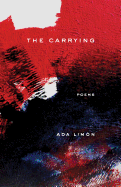 I heard Ada Limón read from her new collection, The Carrying (Milkweed Editions), one my favorite books of the year. From "Sparrow, What Did You Say":
I heard Ada Limón read from her new collection, The Carrying (Milkweed Editions), one my favorite books of the year. From "Sparrow, What Did You Say":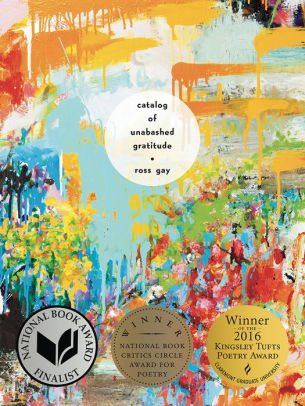 I reread Ross Gay's Catalog of Unabashed Gratitude (Univ. of Pittsburgh Press) after hearing him say, "People often ask me, 'How is it that, in the midst of things, you're writing about joy?' And my response is always--and certainly relative to events now--along the lines of: There's nothing more important than thinking about and writing about and meditating on what you love."
I reread Ross Gay's Catalog of Unabashed Gratitude (Univ. of Pittsburgh Press) after hearing him say, "People often ask me, 'How is it that, in the midst of things, you're writing about joy?' And my response is always--and certainly relative to events now--along the lines of: There's nothing more important than thinking about and writing about and meditating on what you love."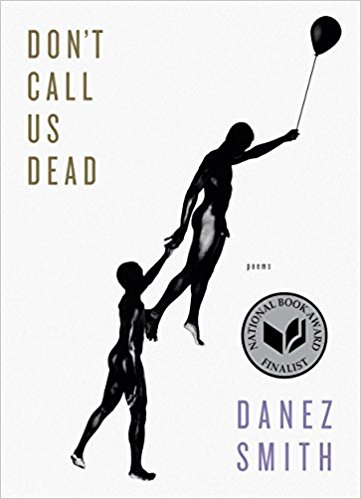 Listening to Danez Smith speak inspired me to return to their extraordinary Don't Call Us Dead (Graywolf Press), which won the 2018 Forward Prize for Best Poetry Collection. From "summer, somewhere":
Listening to Danez Smith speak inspired me to return to their extraordinary Don't Call Us Dead (Graywolf Press), which won the 2018 Forward Prize for Best Poetry Collection. From "summer, somewhere":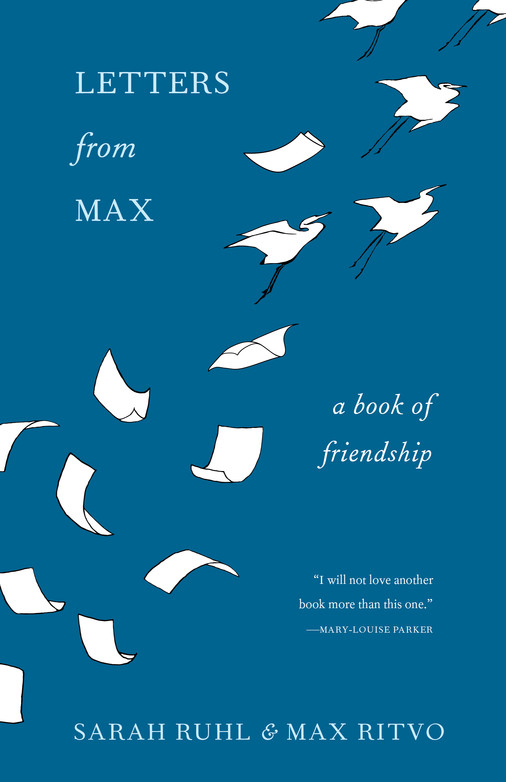 And I read the brilliant voices of playwright Sarah Ruhl and the late poet Max Ritvo in Letters from Max: A Book of Friendship (Milkweed Editions). Ritvo's cancer death sentence is the shadow here, yet what emerges from their brilliant, funny, heartbreaking exchanges is a frank exploration of human connection, mortality, art and much more in precious real time. Listen... --Robert Gray, contributing editor
And I read the brilliant voices of playwright Sarah Ruhl and the late poet Max Ritvo in Letters from Max: A Book of Friendship (Milkweed Editions). Ritvo's cancer death sentence is the shadow here, yet what emerges from their brilliant, funny, heartbreaking exchanges is a frank exploration of human connection, mortality, art and much more in precious real time. Listen... --Robert Gray, contributing editor





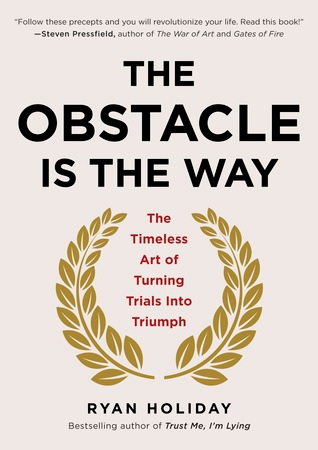 The Obstacle Is the Way: The Timeless Art of Turning Trials into Triumph by Ryan Holiday (Portfolio, $25, 9781591846352, May 1, 2014). Almost 2,000 years ago, Roman Emperor Marcus Aurelius wrote: "The impediment to action advances action. What stands in the way becomes the way." Stoic philosophy advocates enduring hardship and adversity with determination and strength. To the stoic, a new obstacle is an opportunity for improvement.
The Obstacle Is the Way: The Timeless Art of Turning Trials into Triumph by Ryan Holiday (Portfolio, $25, 9781591846352, May 1, 2014). Almost 2,000 years ago, Roman Emperor Marcus Aurelius wrote: "The impediment to action advances action. What stands in the way becomes the way." Stoic philosophy advocates enduring hardship and adversity with determination and strength. To the stoic, a new obstacle is an opportunity for improvement.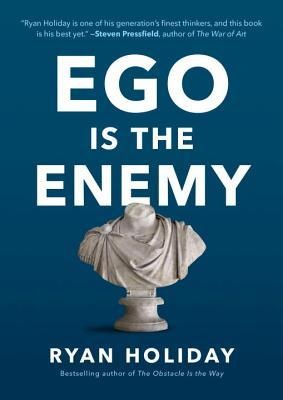 Ego Is the Enemy by Ryan Holiday (Portfolio, $25, 9781591847816, June 14, 2016). In his prologue for Ego Is the Enemy, Ryan Holiday writes "While the history books are filled with tales of obsessive visionary geniuses who remade the world in their image with sheer, almost irrational force, I've found that history is also made by individuals who fought their egos at every turn, who eschewed the spotlight, and who put their higher goals above their desire for recognition."
Ego Is the Enemy by Ryan Holiday (Portfolio, $25, 9781591847816, June 14, 2016). In his prologue for Ego Is the Enemy, Ryan Holiday writes "While the history books are filled with tales of obsessive visionary geniuses who remade the world in their image with sheer, almost irrational force, I've found that history is also made by individuals who fought their egos at every turn, who eschewed the spotlight, and who put their higher goals above their desire for recognition."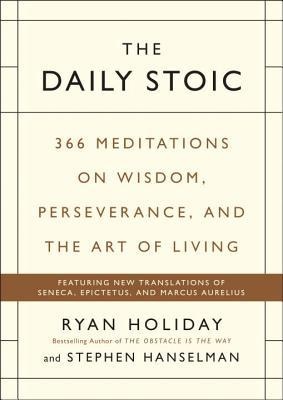 The Daily Stoic: 366 Meditations on Wisdom, Perseverance, and the Art of Living by Ryan Holiday and Stephen Hanselman (Portfolio, $25, 9780735211735, Oct. 18, 2016). With the help of literary agent, publisher and Harvard Divinity School graduate Stephen Hanselman, Ryan Holiday makes it easier than ever to apply stoicism to everyday life. The Daily Stoic features a year of quotes from stoicism's greatest practitioners: Marcus Aurelius, the playwright Seneca, the philosopher/slave Epictetus, as well as lesser-known figures like Zeno, Cleanthes and Musonius Rufus.
The Daily Stoic: 366 Meditations on Wisdom, Perseverance, and the Art of Living by Ryan Holiday and Stephen Hanselman (Portfolio, $25, 9780735211735, Oct. 18, 2016). With the help of literary agent, publisher and Harvard Divinity School graduate Stephen Hanselman, Ryan Holiday makes it easier than ever to apply stoicism to everyday life. The Daily Stoic features a year of quotes from stoicism's greatest practitioners: Marcus Aurelius, the playwright Seneca, the philosopher/slave Epictetus, as well as lesser-known figures like Zeno, Cleanthes and Musonius Rufus.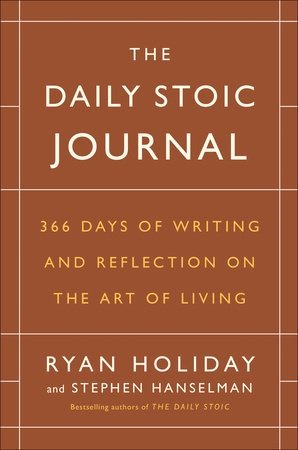 The Daily Stoic Journal: 366 Days of Writing and Reflection on the Art of Living by Ryan Holiday and Stephen Hanselman (Portfolio, $27, 9780525534396, Nov. 14, 2017). For those who have absorbed The Obstacle Is the Way, Ego Is the Enemy and The Daily Stoic, The Daily Stoic Journal is the next step in applying stoicism to everyday life.
The Daily Stoic Journal: 366 Days of Writing and Reflection on the Art of Living by Ryan Holiday and Stephen Hanselman (Portfolio, $27, 9780525534396, Nov. 14, 2017). For those who have absorbed The Obstacle Is the Way, Ego Is the Enemy and The Daily Stoic, The Daily Stoic Journal is the next step in applying stoicism to everyday life. 